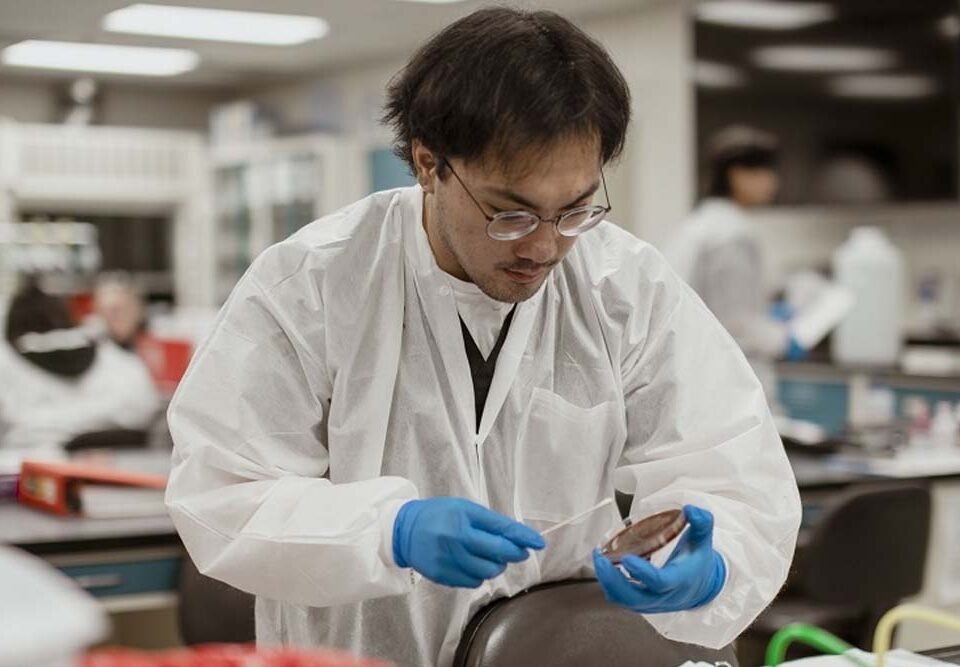When pursuing a career in healthcare, most people imagine their days will be spent interacting directly with patients – diagnosing health issues, developing treatment plans, and guiding people back to wellness. However, while roles like physicians, nurses, or physical therapists do offer rich patient contact, there are many other vital healthcare jobs that play an indirect but equally critical role behind the scenes.
Table of Contents
The Direct Reward of Seeing Patient Impact
The most obvious perk of working directly with patients is the ability to witness the real-world impact of your expertise first-hand. When a doctor shares a prognosis, a physical therapist helps an injury heal, or a mental health counselor supports someone through a crisis, they can see how their interactions guide an individual’s health journey. The emotional reward of that personal connection and being there for someone during an intense period of their life is hugely meaningful.
The Vital Role of Lab Work
However, while lab technicians don’t have the same type of patient contact, their work is no less meaningful to healthcare outcomes. Without accurate analyses, treatment plans would be guesses at best. Medical laboratory scientists and technicians conduct essential tests and analyses that provide the data and answers doctors need to treat their patients appropriately. About 70% of medical diagnoses rely directly on laboratory medicine.
Greater Work-Life Balance?
In some ways, this behind-the-scenes role allows for greater career stability as well. Those working directly with the public can face emotional fatigue and burnout. But spending your days independently analyzing samples in a lab allows you to focus purely on the analytical work at hand rather than getting wrapped up in patient stories first-hand. And unlike doctors who must juggle patient loads in the thousands, lab technicians nurture expertise in niche specialties from blood banking to microbiology to cytogenetics. There is comfort in developing mastery versus needing to maintain broad medical knowledge across disciplines.
The Appeal of Methodical Work
The pace of lab work also appeals to those who want to immerse themselves in methodical processes rather than split focus between patient care logistics and medical detective work. There is deep reward to be found in giving each test sample the full attention it deserves until every detail has been uncovered. And stepping away from direct patient interactions doesn’t diminish the magical “a-ha!” moments of revealing insights that can solve medical mysteries or propel treatments forward. After all, while the patient only sees their physician share the final diagnosis, it’s the diligent analysis of laboratory scientists behind the scenes that makes those breakthroughs possible in the first place.
Pursuing a Career in Healthcare
When exploring potential career paths in healthcare, most people first think of high-profile roles like physicians and nurses that allow for direct patient contact. However, the healthcare industry is comprised of a diverse array of professionals that keep medical systems running behind the scenes as well.
Medical laboratory scientists and technicians play a vital role and building a career as a lab scientist or technician appeals to those seeking specialization versus needing to maintain broad medical knowledge across disciplines. Hands-on work ranges from analyzing blood type for transfusions to testing for genetic mutations and more. The meticulous nature of lab work also provides structure for detail-oriented personalities. And while lab techs don’t interface directly with patients, the accuracy of their efforts enables physicians to provide better care.
So, for those interested in playing a crucial supporting function in the healthcare field through thoughtful analysis and problem-solving, medical laboratory work delivers immense value and reward. Look at studying an MLT to MLS online degree to get started.
Find What Fulfills You
At the end of the day, healthcare careers prove meaningful and rewarding in infinite ways. For those drawn to puzzle-solving, deep specialty expertise, and being part of a vital background process – laboratory medicine offers an impactful alternative to working one-on-one with patients. But there’s no denying the emotional fulfillment of shepherding someone through sickness to health first-hand either.
Whether you thrive on personal connections or prefer “alone time” with specimens and reagents – simply listen to what environment allows you to channel your talents in a way that feels meaningful. Because all roles that advance healthcare through knowledge and compassion are heroic.










